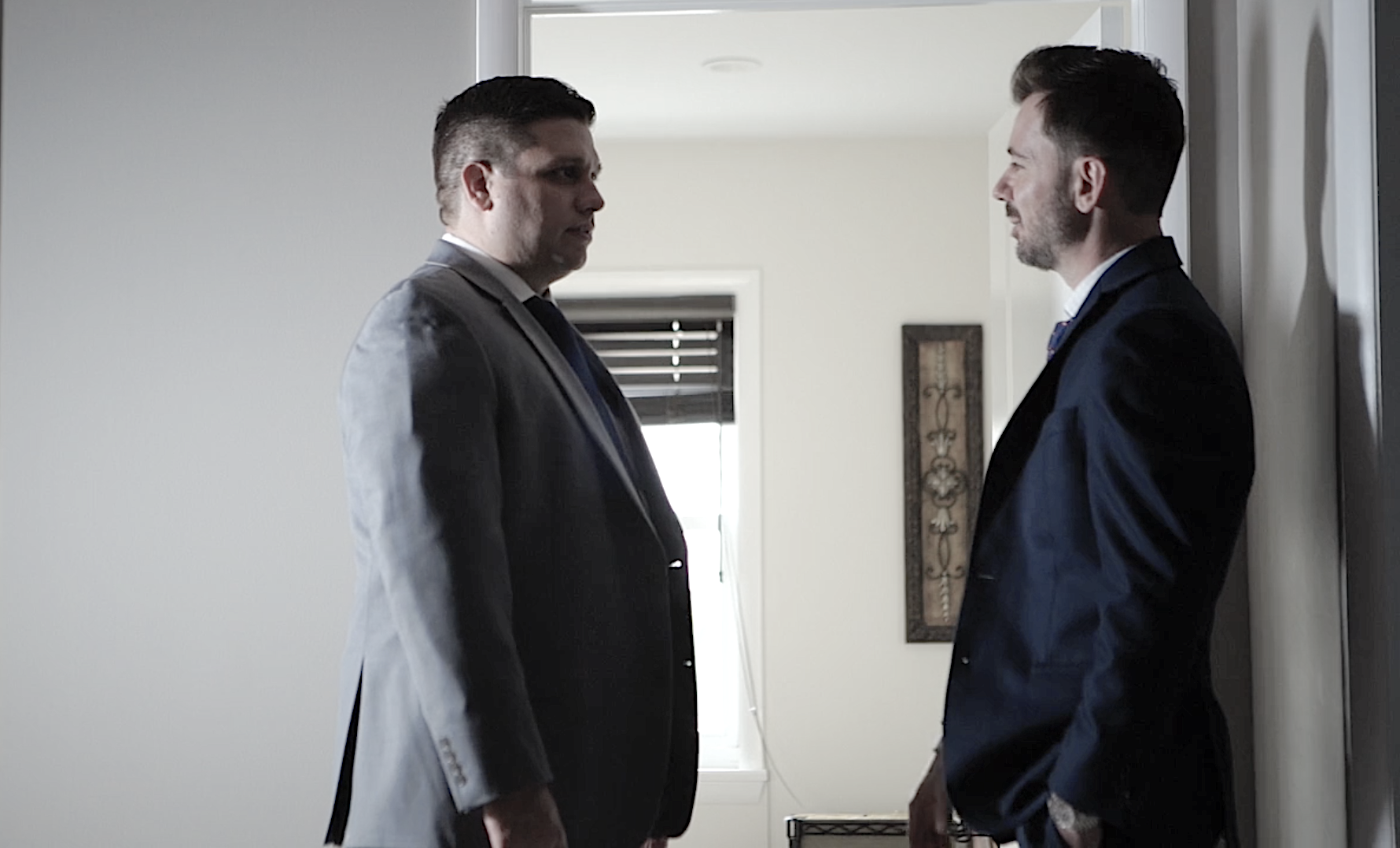Facing a drug possession charge in New Jersey can feel overwhelming, especially with the state’s strict drug laws. If you or a loved one are navigating these complex legal waters, this guide will explain your rights, outline potential legal defenses, and emphasize the importance of working with a New Jersey criminal defense attorney skilled in drug possession cases. By understanding your options and the law, you can make informed decisions about your future.
Understanding Drug Possession Charges in New Jersey
New Jersey categorizes controlled substances into five schedules under N.J.S.A. 2C:35-10, based on their potential for abuse and medical use. From illegal narcotics to improperly held prescription drugs, penalties vary depending on the substance and amount involved.
- Schedule I Substances: Drugs like heroin, LSD, and MDMA fall into this category, carrying severe penalties due to their high potential for abuse and lack of medical use.
- Small Amounts of Marijuana: Adults can legally possess up to one ounce ofcannabis, but exceeding this limit or unauthorized possession can lead to charges.
- Prescription Drugs: Possessing prescription medications like oxycodone or Xanax without authorization is a fourth-degree crime, which could result in fines of up to $10,000 and up to 18 months in prison.
Each situation requires a tailored defense strategy to address the specifics of the charge.
Potential Penalties for Drug Possession
Drug possession penalties in New Jersey depend on the type and quantity of the substance. Even small amounts can lead to significant consequences, while larger quantities result in harsher penalties. Here are some examples:
- Heroin or Cocaine (less than 0.5 ounces): Up to five years in prison and fines reaching $35,000.
- Heroin or Cocaine (0.5 ounces or more): Possession of 0.5 ounces or more is classified as a first-degree crime, punishable by 10 to 20 years in prison and fines of up to $500,000.
- Marijuana (over legal limits): Possession of over one ounce but less than five pounds can lead to up to five years imprisonment and fines of $25,000.
- Marijuana (5 pounds or more): Larger quantities exceeding five pounds, or distribution charges, can result in 10 to 20 years in prison and fines of up to $300,000.
Larger amounts often bring additional charges, such as possession with intent to distribute, which carry more severe penalties. These penalties highlight the importance of understanding the specific details of your case and how they impact potential outcomes.
Legal Defenses Against Drug Possession Charges
An experienced attorney can craft a defense strategy tailored to your case, potentially reducing or dismissing the charges altogether. Here are some common defenses:
Unlawful Search and Seizure
The Fourth Amendment protects against illegal searches. Evidence obtained without a valid warrant or probable cause could be excluded.
Hypothetical Scenario:Suppose a police officer searches a driver’s bag during a routine traffic stop without consent or a warrant and discovers a small amount of marijuana. If this search violated constitutional protections, an attorney could argue that the evidence is inadmissible in court.
Lack of Knowledge or Intent
The prosecution must prove that you knowingly possessed the substance. If you were unaware of the drugs’ presence—for instance, if a friend left a small bag of cocaine in your car—you could argue lack of intent.
Entrapment
If law enforcement pressured you into possessing or transporting drugs, your attorney could argue entrapment.
Chain of Custody Errors
Mistakes in the handling, labeling, or documentation of evidence can undermine its validity in court.
Alternative Sentencing Options in New Jersey
For eligible individuals, New Jersey offers programs that emphasize rehabilitation over punishment. These options are especially helpful for first-time offenders:
Pretrial Intervention Program (PTI)
PTI allows first-time offenders to avoid a conviction by completing probation, drug counseling, and community service. However, eligibility for PTI depends on factors such as the nature of the offense and the individual’s prior criminal history.
Conditional Discharge
This program applies to low-level marijuana offenses, allowing defendants to avoid conviction if they comply with probationary terms.
Drug Court
Drug court focuses on treatment and rehabilitation, providing intensive monitoring and access to addiction resources. Completing the program often results in charges being reduced or dismissed.
Illustrative Scenario: A New Jersey resident charged with heroin possession enters drug court, where they complete therapy and vocational training. This approach not only dismisses the charges but also equips them for a more stable future. While inspired by real-life situations, this scenario is hypothetical and meant to demonstrate how drug court may operate.
The availability of these programs varies by case and court. Consulting an attorney early in the process is crucial to determine eligibility and navigate these opportunities effectively.
Steps to Take After a Drug Possession Arrest
If you’re arrested for drug possession, taking the right steps can protect your rights and strengthen your defense:
- Stay Calm and Cooperative: Resisting arrest can result in additional charges.
- Exercise Your Right to Silence: Avoid answering questions until your attorney is present.
- Contact an Attorney Immediately: Time is critical in building a defense.
- Document Everything: Write down details about the arrest, including names of officers and witness information.
- Preserve Evidence: Keep any texts, emails, or receipts that may support your case.
Taking these steps ensures that your rights are protected and helps your attorney prepare a strong defense.
Hypothetical Example of a Successful Defense
Imagine a person borrows a friend’s car to run errands, unaware that there’s a vial of prescription medication in the glove compartment. During a routine traffic stop, police discover the medication and charge the individual with drug possession. In this scenario, an attorney might demonstrate that the driver had no knowledge of the drugs, potentially leading to the dismissal of charges.
This hypothetical example is for illustrative purposes only and reflects how defenses can be applied in various situations.
Stay Informed About New Jersey’s Drug Laws
Drug laws are constantly evolving. In New Jersey, while marijuana laws have become more lenient, penalties for substances like heroin and cocaine remain stringent. Being aware of legal updates ensures you remain on the right side of the law.
Take Control of Your Future with Camili & Capo
Contact Our New Jersey Drug Possession Attorneys Today
Facing a drug possession charge can be daunting, but you don’t have to go through it alone. The attorneys at Camili & Capo are here to fight for your rights and future. We serve clients across Clifton, Paterson, Passaic, Newark, Jersey City, Hackensack, Elizabeth, Trenton, Hoboken, Morristown, and surrounding areas.
Our team understands the local courts, prosecutors, and judges, providing you with the strategic advantage you need. Whether you’re facing charges for prescription medication, marijuana, or narcotics, we’ll help you navigate the complexities of New Jersey drug laws and explore every possible defense.
Don’t wait—call us today for a free consultation. Protect your rights, your future, and your freedom. Let Camili & Capo guide you toward the best possible outcome.

